Housing more asylum seekers in Stoke-on-Trent 'grossly unfair'
- Published
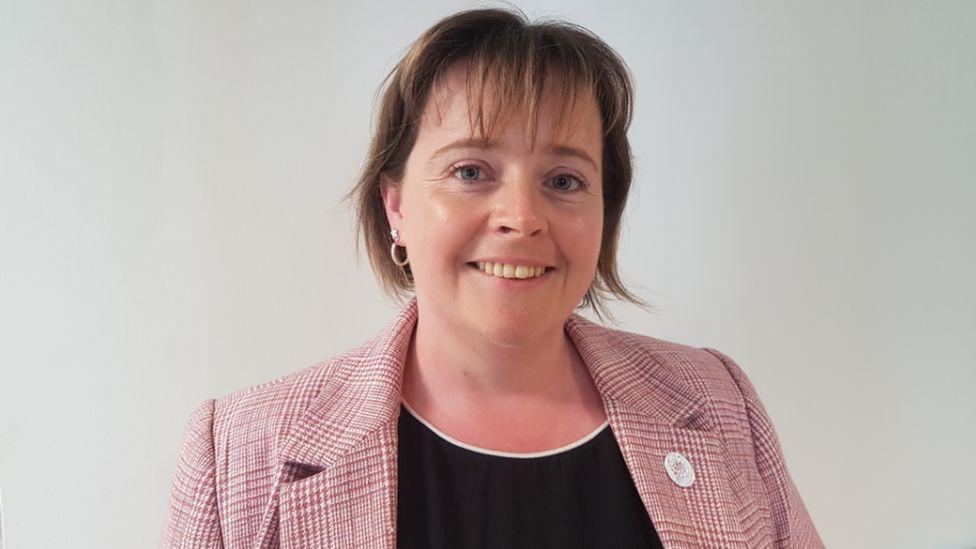
Stoke-on-Trent City Council leader Abi Brown says the city has already housed hundreds of refugees
Plans to house more asylum seekers in Stoke-on-Trent is a "step too far", the leader of the city council says.
Abi Brown says it was "grossly unfair" a hotel will accommodate people from about 50 households when hundreds of refugees had already been resettled in the city.
The Home Office has agreed a contract with a chain it has not named.
However, it agreed using hotels was "unacceptable" and said it was working with councils to find suitable housing.
Asylum seekers can spend months in hotels like the one earmarked in Stoke, through government delays in processing their claims.
Ms Brown said the city has a "tradition of being a welcoming city", but the Conservative-run authority wanted other areas to share the responsibility. It is not yet known when people might arrive.
"The government is saying we're going to stand up this hotel," she said.
"We've responded and said we're really unhappy with that for a variety of reasons… These will be very vulnerable individuals, this is an area of the city where we are concerned about issues around radicalisation and actually we're not sure we could support them in the way other areas do."
There are currently about 800 asylum seekers in the city, but Ms Brown criticised a lack of extra support around education and healthcare services.
"There has been a change in government policy which means moving forward they will receive support that's not there now, so currently we have 800 asylum seekers which we have no support for," she said.
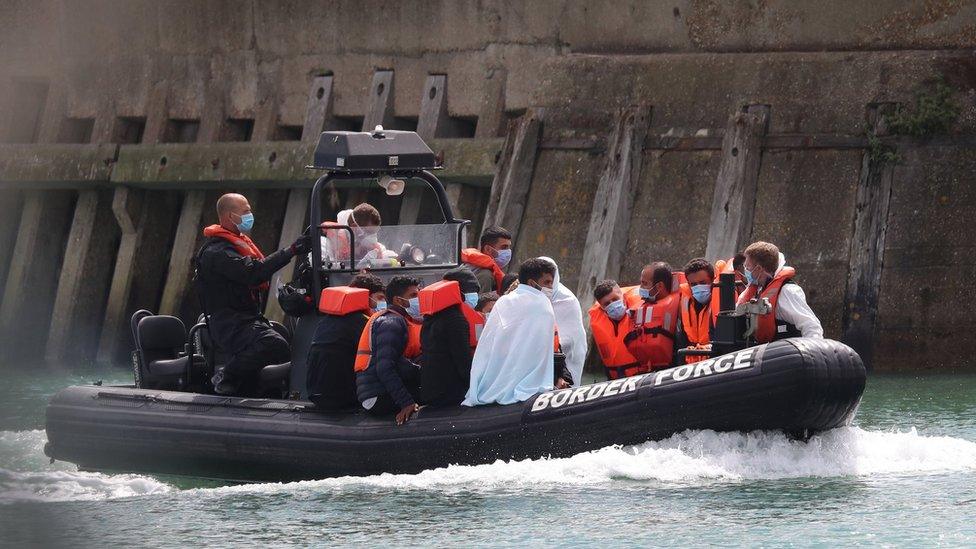
A Border Force vessel brings a group of men into Dover
She said the asylum issue was set against the likes of the cost of living crisis and hundreds of children being in care, which the authority also has to deal with.
"I think really asking us to take more individuals when we've managed to successfully make the case to the government that we've struggled as a result of the number of individuals we've taken in the past, seems grossly unfair really," she said.
"We want other places to also play their fair share."
Location 'particularly inappropriate'
Conservative MPs, including Jack Brereton for Stoke South and Stoke Central's Jo Gideon, have asked for an urgent meeting with the Home Secretary Suella Braverman to discuss the proposal.
"Historically, Stoke-on-Trent has welcomed many asylum seekers and our objections are based on the fact that other areas have not stepped up to help accommodate the numbers we have," Ms Gideon said.
"As we seek to level up our city, the proposed location….. is particularly inappropriate."
People living in the area expressed a range of views on the issue.
Some were supportive, telling BBC Radio Stoke the refugees were vulnerable people "that had to live somewhere".
Others questioned the move, saying there was a lack of jobs and homes in the area.
"The refugees should be shared equally around the country," one woman said.
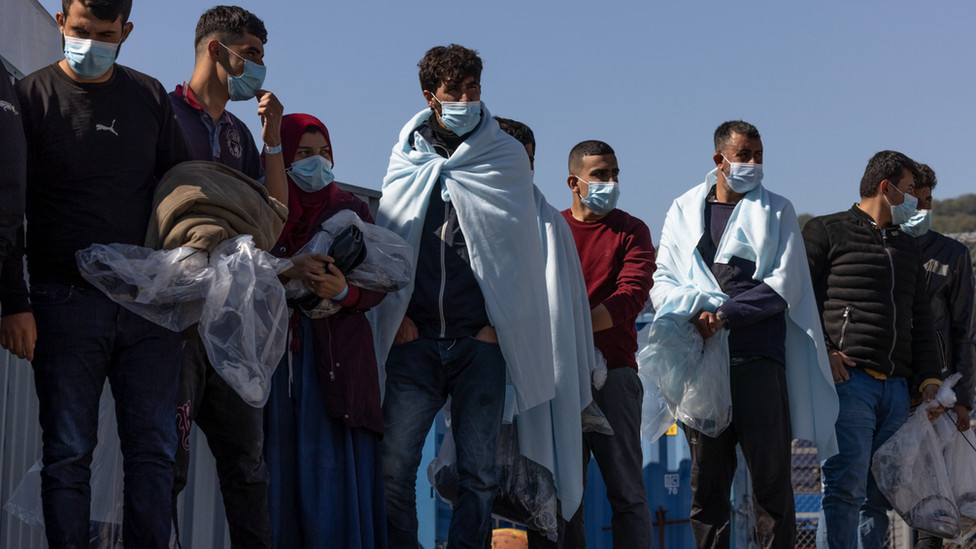
There are currently about 800 asylum seekers living in Stoke
Enver Solomon, CEO of the Refugee Council, said hotels were "entirely unsuitable" to accommodate people who seek safety after fleeing war, conflict and violence.
Their use across the country was increasing and had "a daily price tag of £3.5m", he said.
"Hotel accommodation for refugees is an unsettling and stressful experience, and the Home Office itself states that it should only be used as a last resort and for a short period of time," he said.
"Despite government promises, our research shows that the hotel population of people seeking asylum almost tripled last year, up to a staggering 26,380 people by the end of 2021."
A Home Office spokesperson said: "The Home Office does not comment on operational arrangements for individual hotels.
"The use of hotels to house asylum seekers is unacceptable and we are working with local authorities to find appropriate accommodation across the United Kingdom."
The hotel chain has not responded to requests by the BBC for more information.

Follow BBC West Midlands on Facebook, external, Twitter, external and Instagram, external. Send your story ideas to: newsonline.westmidlands@bbc.co.uk, external
Related topics
- Published28 July 2022
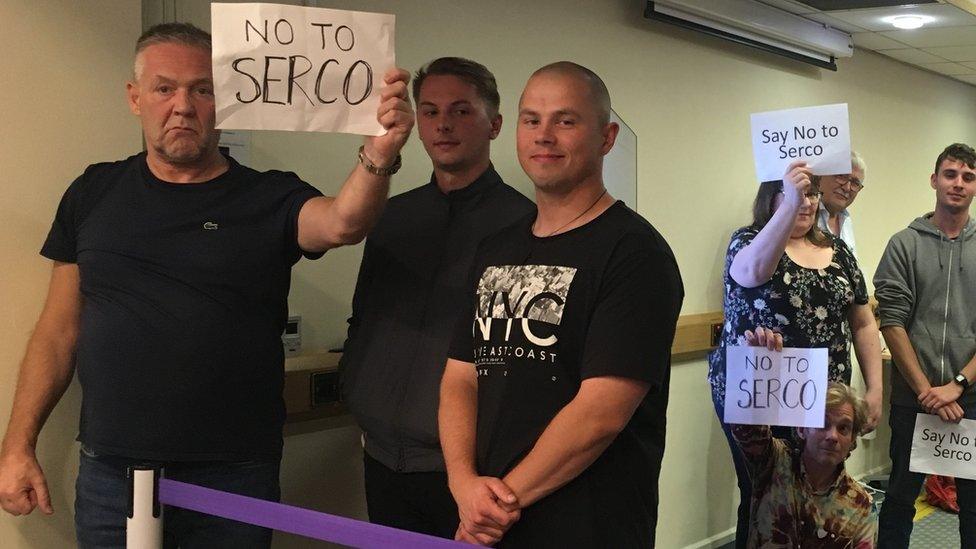
- Published16 September 2021
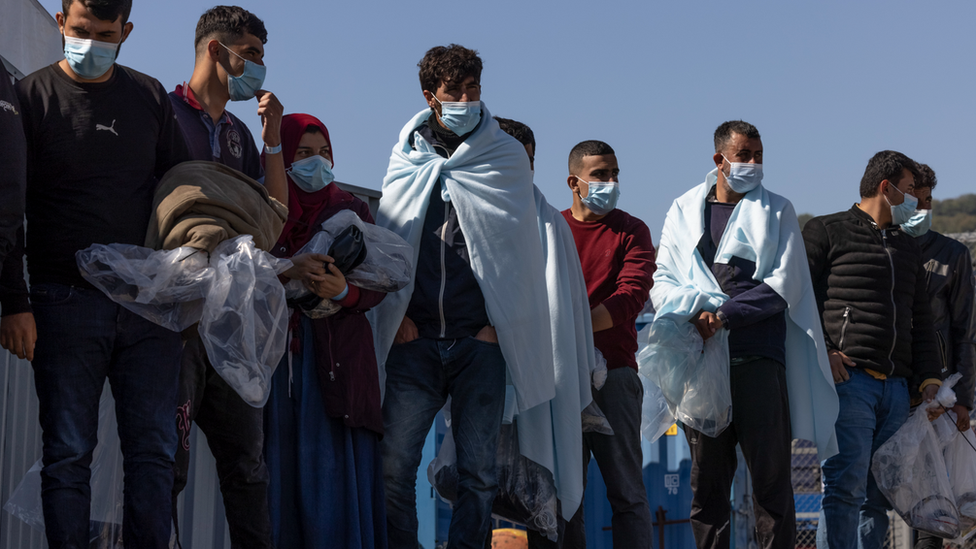
- Published13 December 2023
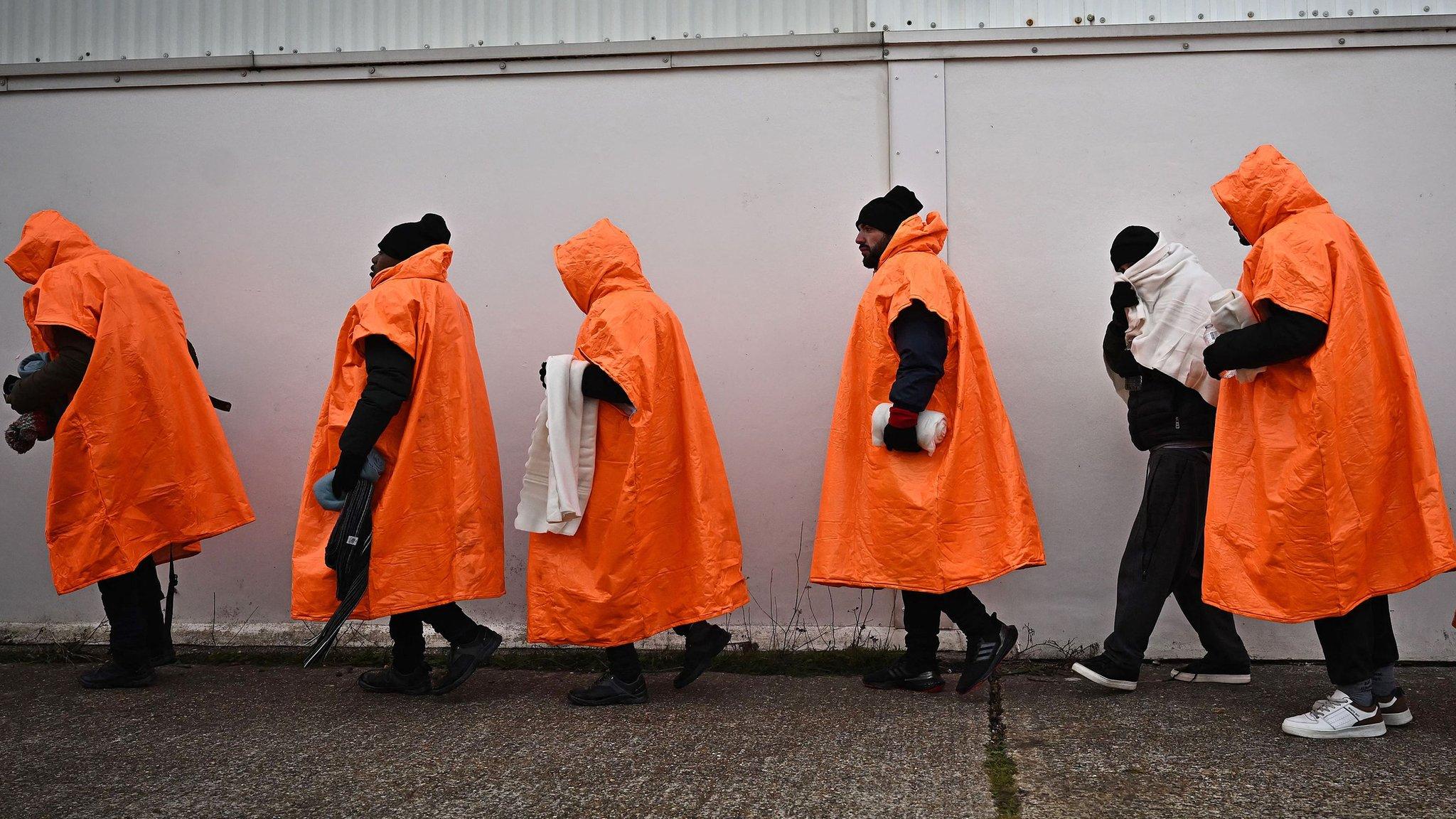
- Published21 July 2022
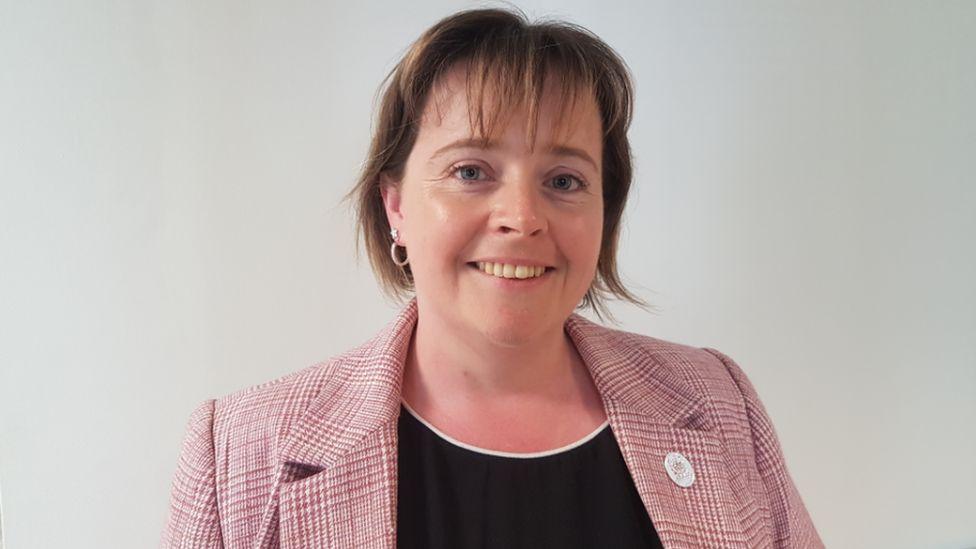
- Published22 September 2019
